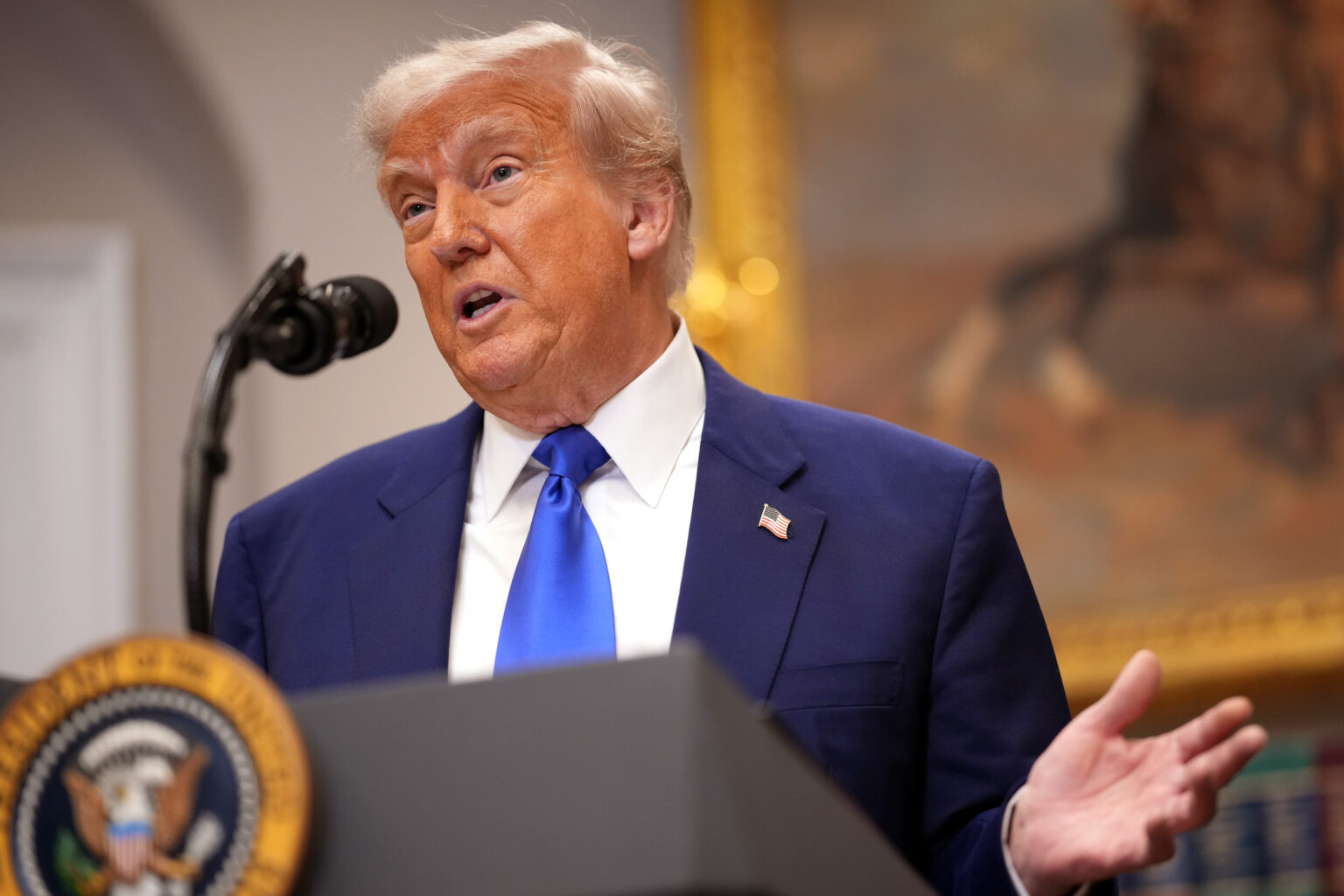House Republicans have unveiled a new proposal aimed at boosting long-term financial security for young Americans: a $1,000 federally funded savings account for children under 8. But, it’s possible the earnings won’t keep up with inflation, according to one expert.
Why It Matters
The proposal, while drawing attention for its political branding, is intended to support future expenses such as education or small business investment once the child reaches adulthood.
House Republicans are facing increasing pressure to pass lasting tax legislation. President Donald Trump vowed would be a priority throughout his 2024 election campaign.
What To Know
Branded as the “MAGA” account—short for “Money Account for Growth and Advancement”—the plan is part of a broader legislative package dubbed “THE ONE, BIG, BEAUTIFUL BILL” introduced this month in Congress.
The MAGA accounts would be created automatically for children born in the United States and seeded with a $1,000 deposit from federal funds.
To be eligible, children must be U.S. citizens “at birth,” have a Social Security number, and be born after December 31, 2024, and prior to January 1, 2029.
The MAGA accounts are listed as being “exempt from taxation” in the bill.
Senator Ted Cruz was a moving force behind this initiative, originally calling it the “Invest America Act” before it got rebranded with the MAGA mantra.
“He sees it as a way to give every child ‘a stake in the American free enterprise system’ and essentially create a new generation of investors and capitalists from birth,” Michael Ryan, a finance expert and the founder of MichaelRyanMoney.com, told Newsweek.
The initial $1,000 investment could grow significantly over a period of 18 years, depending on how it’s invested.
With a moderate 5 percent return, children could see roughly $2,400 at age 18, while a more aggressive 10 percent investment return would lead to $5,560 for the 18-year-old to use on education or other expenses as a young adult, Ryan said.
What People Are Saying
Michael Ryan, a finance expert and the founder of MichaelRyanMoney.com, told Newsweek: “Will that single deposit change a life on its own? Not by itself. But it plants a seed that can grow if nurtured with wise choices over time.”
“If you want to close the wealth gap, you don’t just redistribute dollars. You teach the next generation to invest, to own, to build.”
Drew Powers, the founder of Illinois-based Powers Financial Group, told Newsweek: “Anything that puts a child on a path towards savings is a step in the right direction. For some, $1,000 may not seem like much, but for many lower-income families this is a very significant sum. Early indications show this program will be for limited ages and dates and funds will be held in a savings account. If it is a traditional savings account, 18 years of compound growth will not be ‘big and beautiful;’ it will be lucky to keep up with inflation.”
What Happens Next
House Speaker Mike Johnson has set a Memorial Day deadline to pass Trump’s bill. The U.S. House tax-writing committee will take it up on Tuesday.
“Is it likely to pass? Honestly, I’d say the odds are pretty slim right now,” Ryan said. “This provision is just one part of a massive $5 trillion tax package that’s already causing tension even within Republican ranks. With such a thin margin in the House and significant Democratic opposition, it faces a tough uphill battle in the legislative process.”
Read the full article here

